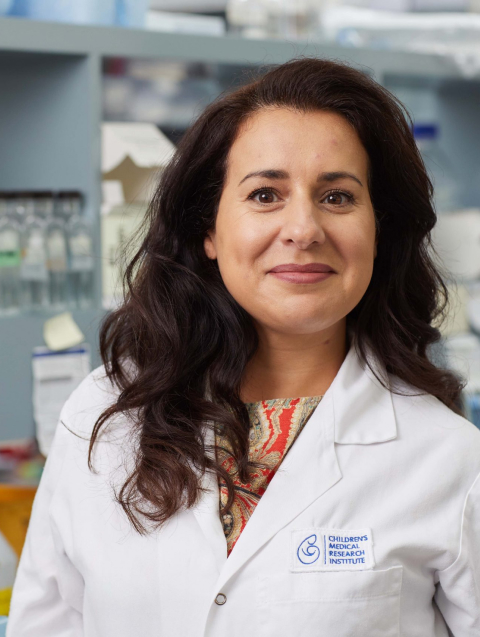Project Summary
Eye diseases caused by genetic defects are numerous and devastating to patients and families. These conditions affect the neural retina at the back of the eye in particular the light sensing cells, the photoreceptors.
The aim of this project was to enhance our understanding of inherited eye diseases by combining two important technologies, stem cells and single cell RNA sequencing.
Project Results and Impact
Here we used stem cells generated from patient’s blood (iPSCs) to generate mini human retinas called organoids. In this study we characterised cells isolated from organoids from two distinct forms of diseases, named Usher2a and Stargardt’s, and compared these to normal organoids and the adult human retina transcriptome.
Using this technique, we confirmed our hypothesis that healthy control and diseased iPS cell lines generate retinal organoids containing similar cell types and gene expression similar to the human retina. We also established that iPSC-derived Usher2a and Stargardt’s retinal organoids contain different proportions of cells and present different molecular characteristics when compared to control photoreceptor cells.
This data demonstrated differences between disease and control organoids. Further bioinformatics analysis will clarify the causes of cell damage in disease. Therefore, this study enhanced our understanding of eye Usher and Stargardt’s retinal diseases.

Chief investigator:
Dr Anai Gonzalez-Cordero
Children’s Medical Research Institute, Sydney
Grant awarded:
$39,490 (2020)
Research Impact Reports
Virtual Reality Assessment of Functional Vision in achromatopsia
Project Aim This project aimed to develop and validate a virtual reality (VR) mobility task...
Advancing Usher syndrome type 1B gene therapy with split intein
Project Aim Usher syndrome is the leading cause of combined hearing and vision loss worldwide....
Therapies for currently untreatable autosomal recessive IRDs
Project Aim This project aims to develop gene replacement therapies for autosomal recessive (AR) inherited...
Establishing novel AAV gene editing for Usher Syndrome
Project Aim The aim of this project was to establish proof-of-concept for a new type...



